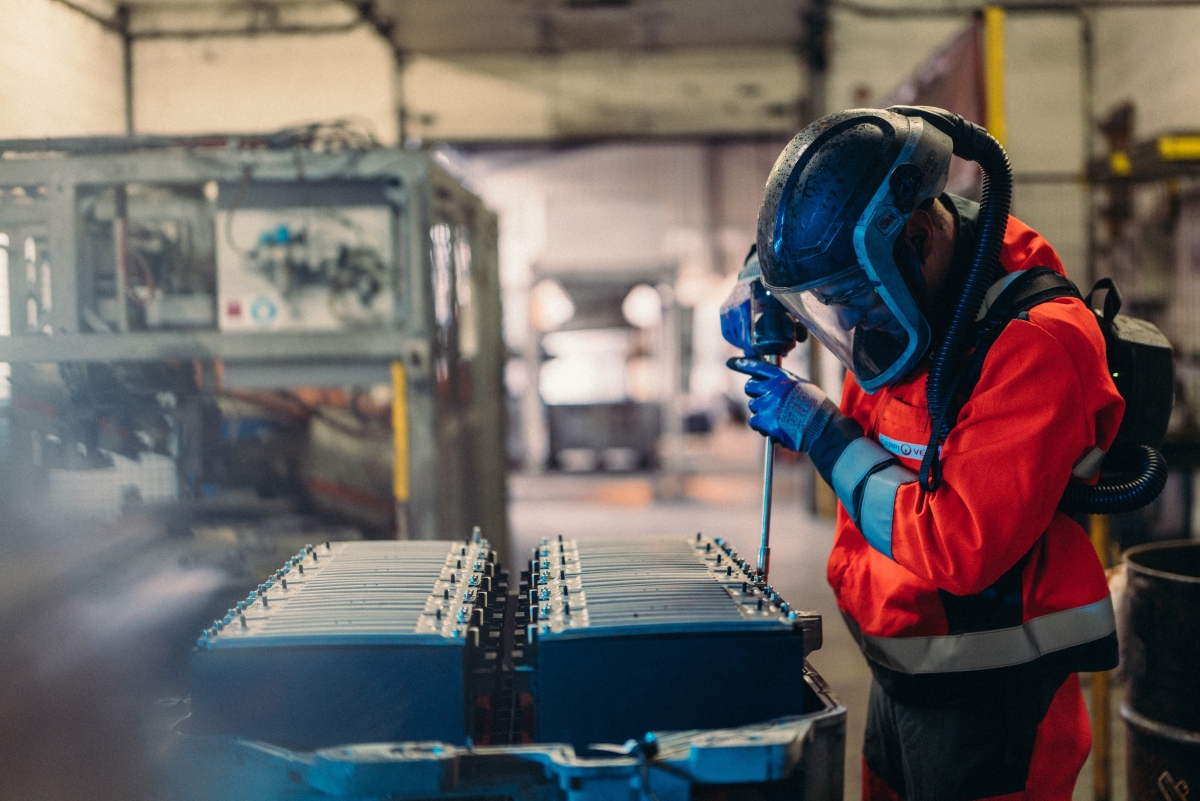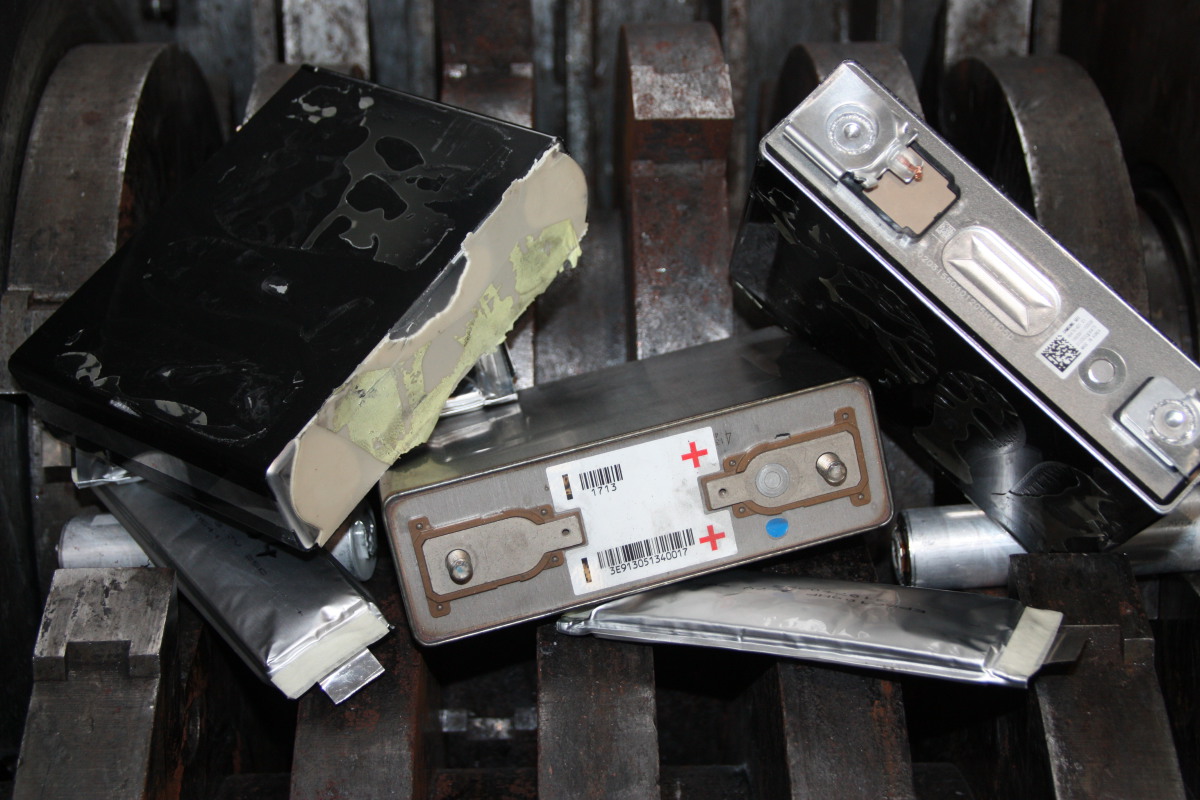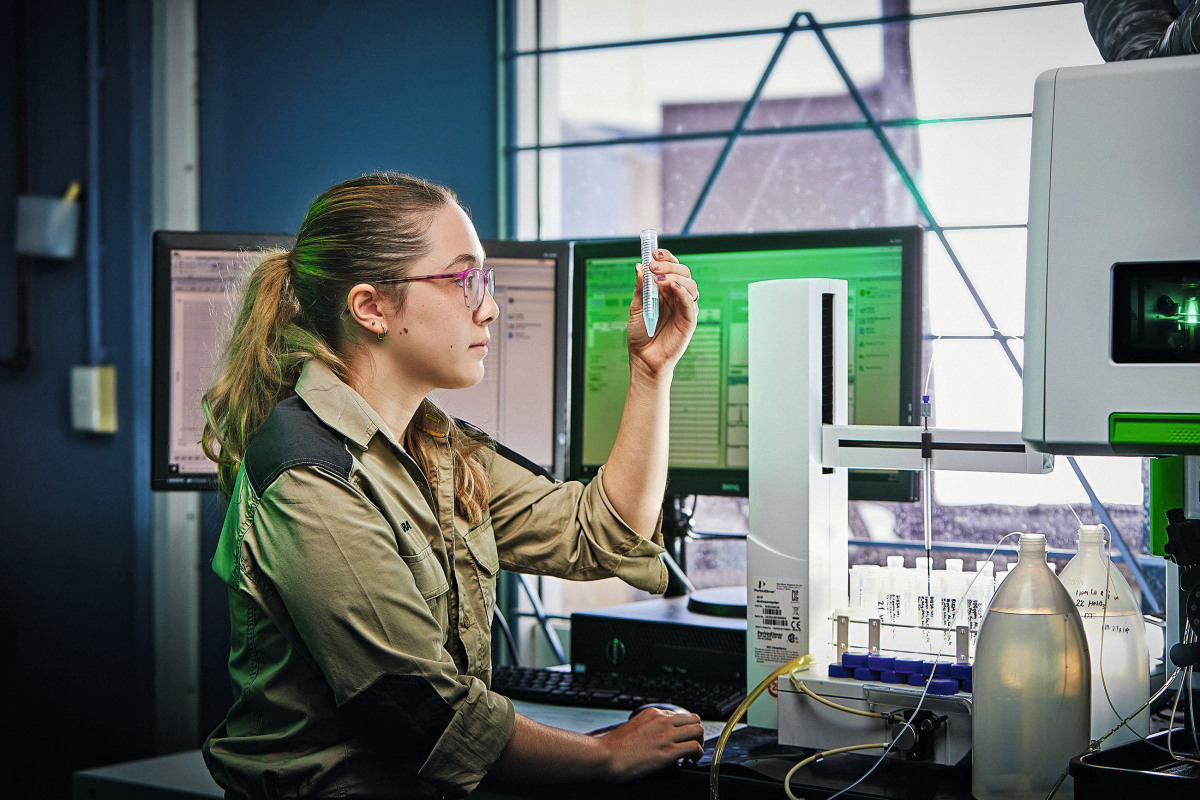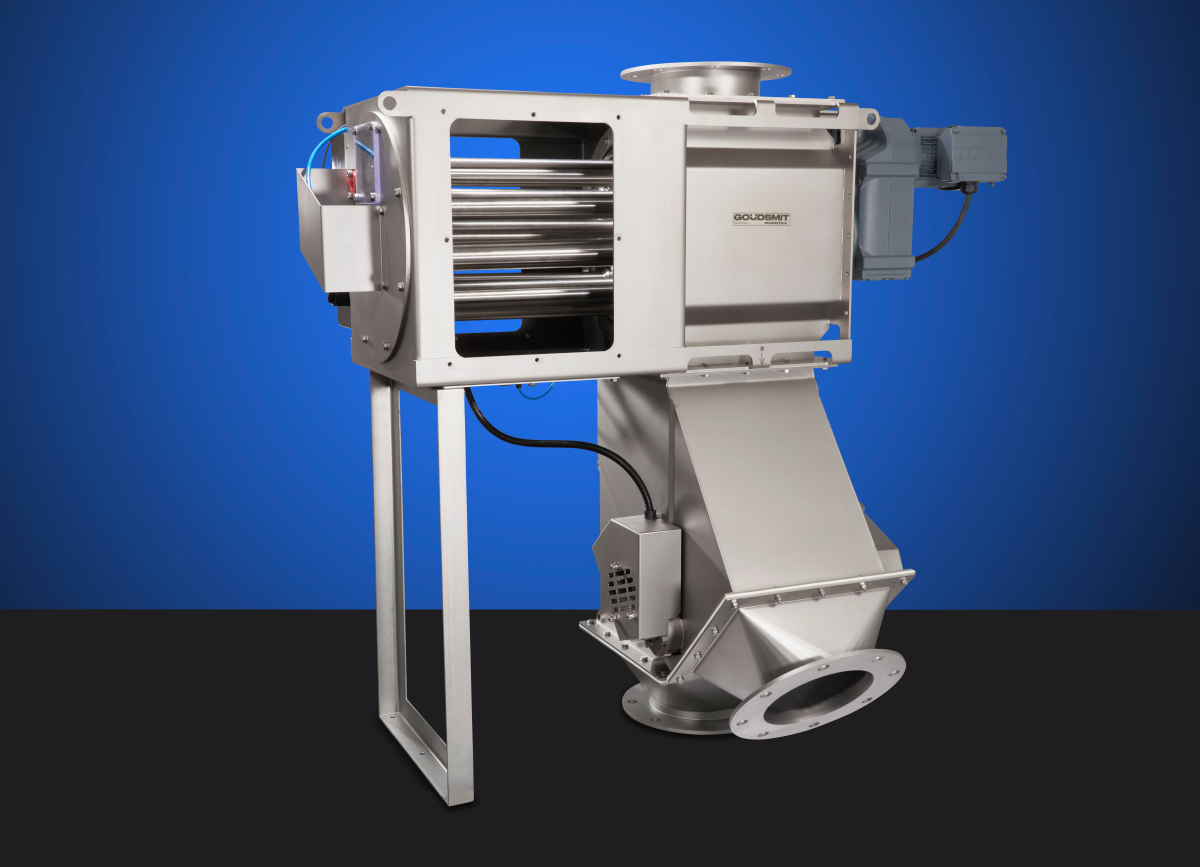Veolia responds to Government’s UK Battery Strategy
04.12.2023
 Gavin Graveson
Gavin Graveson
© Veolia
Gavin Graveson, Senior Executive Vice President, Veolia Northern Europe said: “We welcome the Government’s UK Battery Strategy and the recognition that more investment and innovation are needed if the UK wants to achieve its decarbonisation and electrification targets.”
Global demand for batteries is expected to grow by more than five times by 2030 and if the UK wants to be a world leader in the clean technology industry, it is necessary to push forward first and foremost with design for recyclability, this is critical to enable more materials to be successfully recovered. It is also needed to support local authorities to collect batteries safely to avoid fires in recycling centres and the new regulations have to be drafted and enforced as soon as possible.
Veolia already operates a battery recycling facility in the UK, but swift action is necessary to ensure that the next generation of batteries can be better recycled.
Recycling electric car batteries
Veolia collects, dismantles and recycles electric vehicle batteries. The challenge is to make the most of the strategic resources they contain, while protecting the environment and the people who handle them from the polluting materials they are made from.
7 million metric tons of EV batteries will be eligible for recycling by 2035, representing more than € 15 billion worth of metal. So it is necessary to creating a circular loop around all materials, particularly the strategic metals in electric batteries.
The electric vehicle market has been growing rapidly for several years. Replacing IC vehicles at high speed, nearly 77 million hybrid and electric cars could be sold by 2025, according to the IAE’s Global EV Outlook 2022.
These numbers are growing and will continue to grow for a long time. Battery recycling is therefore a necessity to limit the pressure on certain metals and to conserve our natural resources.
 Veolia operates a battery recycling facility in the UK
Veolia operates a battery recycling facility in the UK
© Veolia
Why battery recycling is a real environmental issue
EV batteries weigh an average of 300 kg but can be up to twice that for some models. They are composed of plastics, solvents, electronic compounds and small quantities of high-value metals such as lithium, cobalt, copper, manganese and nickel.
These highly strategic metals are essential to our energy transition. Nevertheless, their extraction and production are concentrated in a few geographical areas. This situation leads to tensions over resources and distribution channels in the face of growing demand. Recovering the metals contained in end-of-life batteries is an ecological solution that mitigates the pressure on virgin raw materials, limits the carbon and environmental footprint associated with mining, and protects the environment from pollution emanating from end-of-life batteries.
European legislators (Final figures for the regulations adopted by the European Parliament on June 14, 2023) have taken matters into their own hands with a proposed new regulation making it mandatory to include recycled raw materials in the production of new batteries:
- 2025: mandatory declaration of the percentage of recycled content
- 2031: 16 % for cobalt, 6 % for lithium and nickel
- 2036: 26 % for cobalt, 12 % for lithium and 15 % for nickel.
European institutions also aim to define how efficient the recycling process is, and therefore the yield from the processes used, with new mandatory targets:
- 2027: 90 % for cobalt, copper and nickel, 50 % for lithium
- 2031: 95 % for cobalt, copper and nickel, 80 % for lithium
Veolia’s solutions for recycling electric car batteries
Veolia, a long-standing player in the treatment of batteries and accumulators, has unrivalled expertise in all stages of recycling. The company’s know-how in the management of hazardous waste flows and the associated risks has enabled Veolia to develop specific, high-performance processes.
The solution for recycling electric car batteries is divided into 5 main stages:
- Collection, securing and fully discharging the battery
- Dismantling each component to be sent to the appropriate sector for recycling
- Mechanical separation to extract the black-mass contained in the cells that make up the battery
- Hydrometallurgy to separate and purify the metals contained in the black-mass
- Refining to bring the metals to a degree of purity so they can be reused to make new batteries



